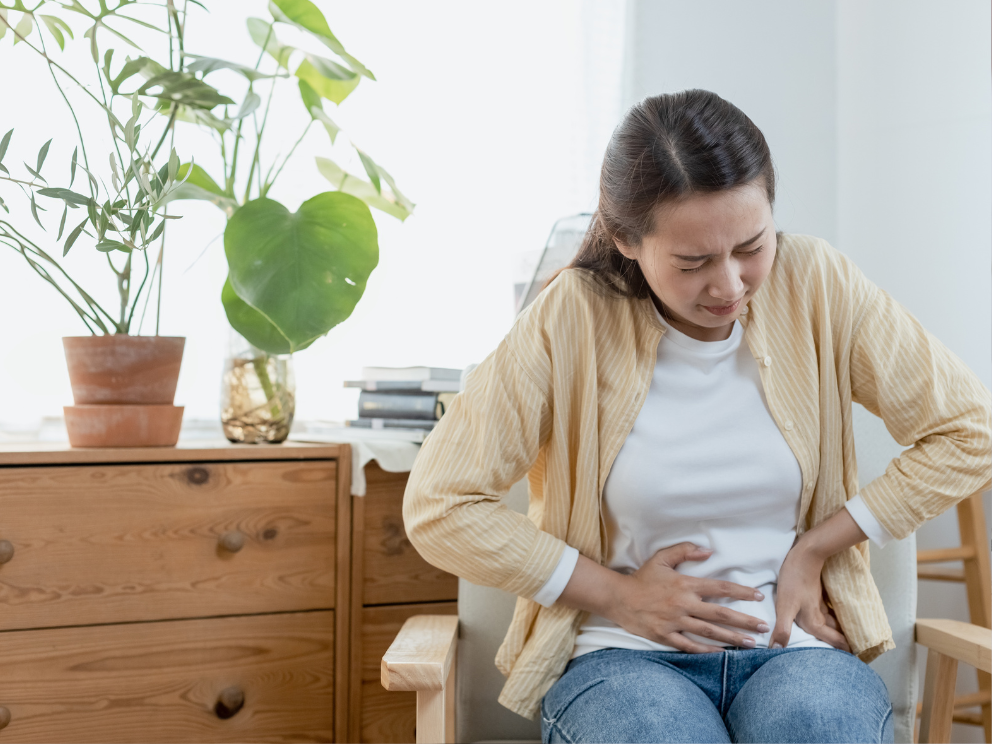Ulcerative Colitis
Symptoms of Ulcerative Colitis
Symptoms come and go and there may be long periods between flare-ups. It is important to contact your doctor if you experience the following:
- bloody diarrhea
- rectal bleeding
- abdominal pain/cramping
- urgent need to go to the bathroom
- nausea
- weight loss
- vomiting
- fever
Types of Ulcerative Colitis
The types of ulcerative colitis are based on the location of the disease in the colon:
- Proctitis – affects only the rectum
- Left-sided disease – affects only the left side of the colon, may also be called limited or distal colitis
- Pancolitis – affects the entire colon
What Causes Ulcerative Colitis and How Long Does it Last?
The cause of ulcerative colitis is not fully known. There are research organizations continuing to seek the cause of and cure for ulcerative colitis. Research has shown there is an increased occurrence of ulcerative colitis in families but environmental factors may also play a role in the disease.Ulcerative colitis is a chronic, or life-long, disease. You will alternate between flare-ups and periods of remission throughout your life. The periods of remission and flare-ups can vary in duration and intensity. Medications can help you have a measure of control over this unpredictable condition. There is no known cure for ulcerative colitis at this time other than removal of the colon.
What Can You Do to Manage Your Ulcerative Colitis?
- Work with your doctor
- Communicate openly with your doctor
- Ask questions until you understand the answers
- Notify your doctor when you suspect a flare-up
- Schedule and keep your regular check-ups
- Take your medication
- Continue to take medications even when you don’t have symptoms can prolong the time between flare-ups
- Take care of your body
- Drink 6-8 glasses of water daily
- Get adequate rest
- Regular exercise – may need to adjust level depending on symptoms
- Contact your doctor prior to starting any exercise or diet program
- Maintain a healthy diet
- eat a variety of low-fat foods
- keep a food diary to identify trigger foods
- determine if you are lactose intolerant
- see if high-fiber foods cause problems
- follow a bland, soft food diet and avoid caffeine during the active phase of the disease
- discuss with your doctor recommendations for supplements
- manage stress as it may aggravate your symptoms
- seek education and support from your doctor, family, friends, others with the disease, and read about the condition.
- Important to prevent depletion of fluids, nutrients, and electrolytes from diarrhea and rectal bleeding
- Determine which foods cause you problems and avoid them

What Medications are Available and Why Should I Take Them?
Although there is no cure for ulcerative colitis, medication is an important part in managing the disease. The goals of medications include:
- treating inflammation to control symptoms such as bloody diarrhea and abdominal pain
- reducing the risk of flare-ups
- prolonging the time between flare-ups
- minimizing the side effects from medication
- improving quality of life
Medications for ulcerative colitis are available in several different forms including tablets, capsules, suppositories, and enemas. Your doctor will evaluate your condition and prescribe the appropriate medication for your condition. The following medications may be prescribed:
- 5-ASAs (aminosalicylates) – prescribed to manage the disease
- Steroids – prescribed in severe cases
- Additional medications – prescribed to treat symptoms